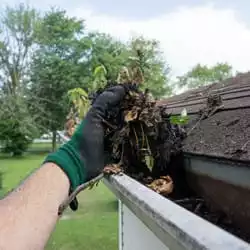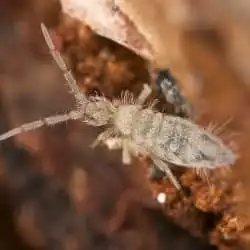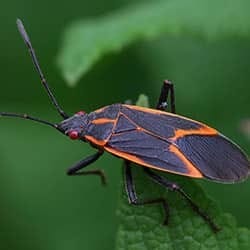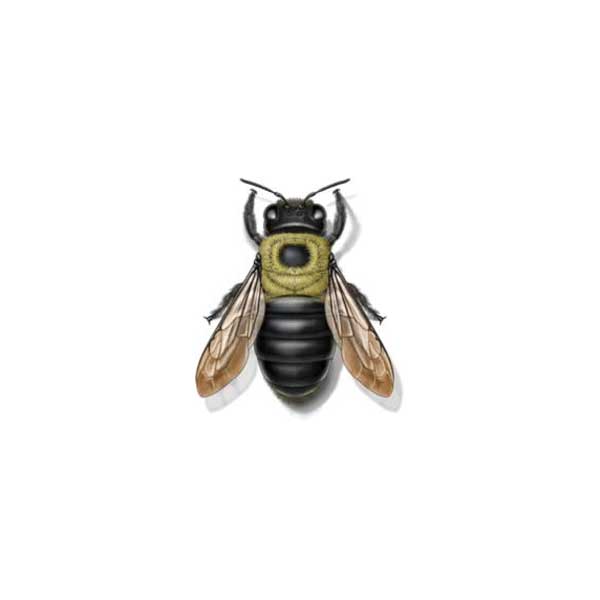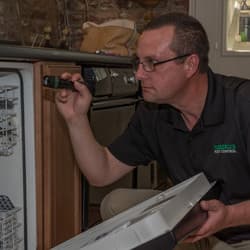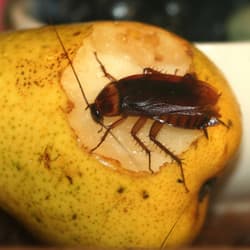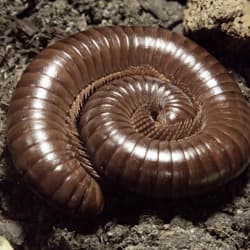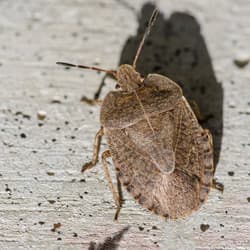Knock, knock, knock. Family, friends, the mailman, or a salesperson—these are all reasonable options for who could be knocking on your front door. You know who won’t knock on your door and ask politely if they can come in? Pests. Nuisance pests, destructive pests, rodents, you name it. You can be sure that they probably aren’t using the front door to get into your home, and they won’t be asking your permission either. Pests are very sneaky about how they get into homes. The most common ways that they get in are through the small spaces or damaged areas that you didn’t even realize you had. Homeowners will want to look out for cracks and crevices in the foundation and structure of the home, holes smaller than a dime, gaps or spaces under entry points, vents and chimneys, unscreened windows, and loose shingles or other damage on the roof of the home. These are all easy ways for pests to sneak their way in without you noticing.
As mentioned before, pests aren’t going to knock politely and ask to come in. This leaves homeowners with no choice but to take charge and prevent pests from doing so. The best way to do this is to first identify where potential pests could be entering by inspecting your home. Keep an eye out for any of the common ways of entering that are mentioned above. If you notice any cracks or crevices you can fill them with sealant, and you will want to repair any loose or missing shingles. It also helps to trim back bushes and tree branches away from the home, as they can act as a bridge for pests to climb onto the roof and enter attics. Along this same line, you may want to move firewood away from the home and properly dispose of garbage. If you haven’t yet invested in mesh covers for vents or chimney screens, you will want to do so to avoid pests crawling in through those open holes. Lastly, you will want to make sure that all windows and entry points have proper rubber sealing around the frames, and repair any torn or loose screens. These tips may come in handy, but your best bet to avoid unwanted pests is to set up a year-round pest control plan with Russell’s Pest Control.
Here at Russell’s, we realize that pests just happen—they have their tricks of finding a way inside homes all throughout Knoxville and Eastern Tennessee. Luckily for you, our technicians do their best at preventing any intrusions as well as eliminating any pest that does sneak its way in. They do this using only the safest technology to solve pest problems. All of our services include quarterly visits where we monitor your home’s defenses. You can decide what works best for your home and family. If our initial treatments don’t work, we provide our Russell’s Pest Free Guarantee and will return to retreat at no extra cost. Russell’s has been protecting homes and properties since 1971, and we’d like to continue to do so with you. So if pests won’t bother knocking on your door, don’t bother waiting any longer to invest in a pest control plan that will surely keep them out!


